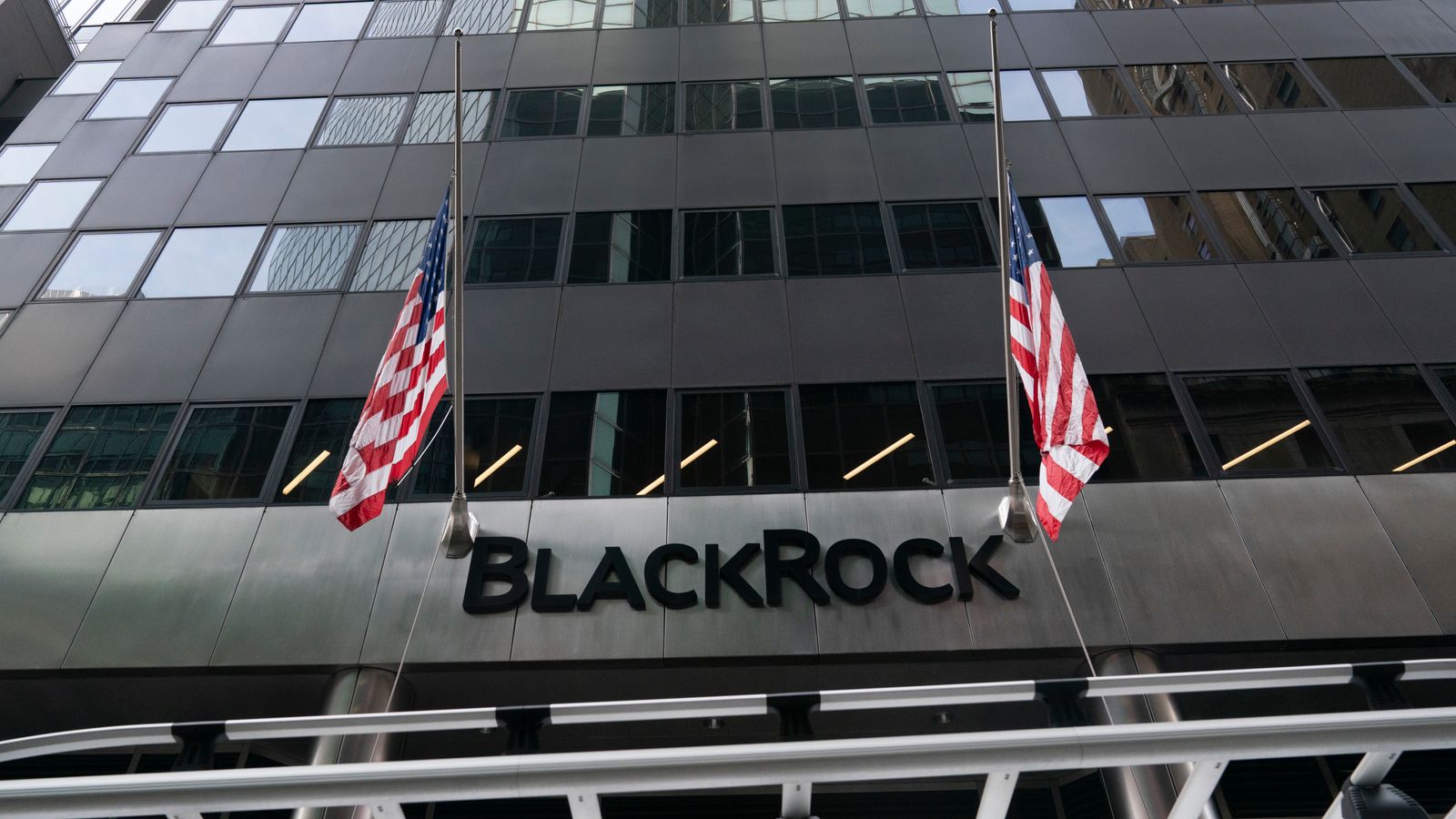
Israel has agreed to support a “one-week scale-up of aid” in Gaza – but the United Nations has warned more action is needed to “stave off famine and a catastrophic health crisis”.
UN aid chief Tom Fletcher made the remarks as Israel began limited pauses in fighting across three areas of Gaza for 10 hours a day to address the worsening humanitarian situation.
Israel cut off all supplies to Gaza’s population from the start of March. It then reopened aid centres with new restrictions in May, but said the supply had to be controlled to prevent it from being stolen by Hamas militants.
On Saturday, reports referencing US government data said there was no evidence Hamas had stolen aid from UN agencies.
Images of emaciated Palestinian children have led to widespread criticism of Israel’s actions in Gaza, including by allies who are calling for an end to the war.
Mr Fletcher said one in three people in Gaza “hasn’t eaten for days” and “children are wasting away”.
He added: “We welcome Israel’s decision to support a one-week scale-up of aid, including lifting customs barriers on food, medicine and fuel from Egypt and the reported designation of secure routes for UN humanitarian convoys.
“Some movement restrictions appear to have been eased today, with initial reports indicating that over 100 truckloads were collected.
“This is progress, but vast amounts of aid are needed to stave off famine and a catastrophic health crisis. Across the UN agencies and humanitarian community, we are mobilised to save as many lives as we can.”
The Israel Defence Forces said yesterday that it is halting military operations in Muwasi, Deir al Balah and Gaza City daily from 10am to 8pm local time (8am to 6pm UK time) until further notice.
Combat operations have continued outside of this 10-hour window. Health officials in Gaza said Israeli strikes killed at least 41 Palestinians overnight into Sunday morning, including 26 seeking aid.
In a statement, the IDF said it would also establish secure routes to help the UN and aid agencies deliver food and other supplies.
Israel’s announcement of what it calls a “tactical pause” in fighting comes after it resumed airdrops of aid into Gaza.
While the IDF reiterated claims there is “no starvation” in the territory, it said the airdrops would include “seven pallets of aid containing flour, sugar and canned food to be provided by international organisations”.
Palestinian sources confirmed that aid had begun dropping in northern parts of the territory.
Sabreen Hasson, a Palestinian mother who travelled to an aid point near the Zikim crossing to collect supplies, said: “I came to get flour for my children because they have not tasted flour for more than a week, and thank God, God provided me with a kilo of rice with difficulty.”
But Samira Yahda, who was in Zawaida in central Gaza, said: “We saw the planes, but we didn’t see what they dropped… they said trucks would pass, but we didn’t see the trucks.”
Another Palestinian told the AP news agency that some people feared going out and having a box of aid fall on their children.
Read more:
What does recognising a Palestinian state mean?
Parents of IDF soldier taken hostage fear he’ll be one of last freed
25% of young children ‘now malnourished in Gaza’
Gaza is expected to be a focus during talks Sir Keir Starmer and Donald Trump in Scotland today.
Downing Street said Sir Keir will raise “what more can be done to secure the ceasefire [in the Middle East] urgently”, during the meeting at the US president’s Turnberry golf course in Ayrshire.
Reports also suggest the prime minister is planning to interrupt the summer recess and recall his cabinet to discuss the crisis on Tuesday.
Talks in Qatar over a ceasefire ended on Thursday after the US and Israel withdrew their negotiating teams.
Mr Trump blamed Hamas for the collapse of negotiations as he left the US for Scotland, saying the militant group “didn’t want to make a deal… they want to die”.
Meanwhile the exiled head of Hamas in Gaza, Khalil al Hayya, has warned ceasefire negotiations with Israel were “meaningless under continued blockade and starvation”.
In a recorded speech, he added: “The immediate and dignified delivery of food and medicine to our people is the only serious and genuine indication of whether continuing the negotiations is worthwhile.”
During a meeting with the European Commission President Ursula von der Leyen yesterday, Mr Trump emphasised the importance of securing the release of hostages held by Palestinian militants in Gaza.
He said: “They don’t want to give them back, and so Israel is going to have to make a decision.
“I know what I’d do, but I don’t think it’s appropriate that I say it. But Israel is going to have to make a decision,” he said.
Mr Trump also repeated claims, without evidence, that Hamas was stealing food coming into Gaza and selling it.



















